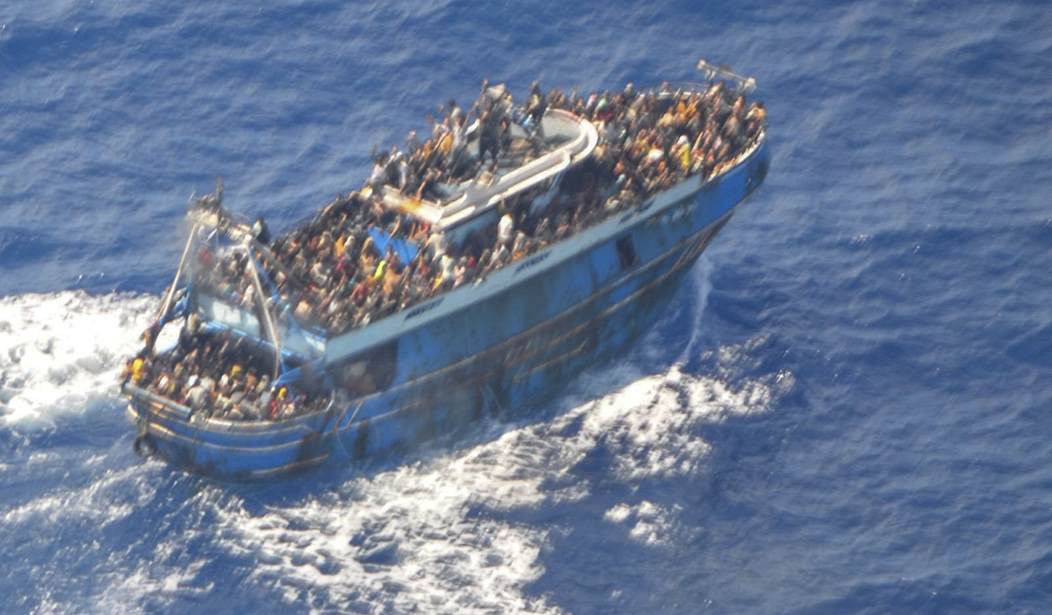Duncan MacDougall was a physician from Haverhill, Mass., who, in 1907, set about the task of trying to weigh the human soul. He took six people and weighed them before and immediately after death. One of the subjects lost 21 grams in weight after dying, although none of the other dead bodies showed any weight loss at all. He concluded that a human soul weighed 21 grams.
MacDougall’s “experiment” was seriously flawed and rejected by the scientific community. Nevertheless, it has fascinated the faithful for more than 100 years. The question “How much does a soul weigh?” is another way of asking, “Is there a soul at all?” And if there is a soul, is one soul more valuable than another?
The short answer is something MacDougall should have figured out from the results. All souls weigh the same, and all souls are equally valuable. But that’s not necessarily true in the news media.
Recently in the news were two tales of tragedy that raised the question about some souls mattering more than others. On June 14, a fishing boat filled to overflowing with migrants escaping war, poverty, and oppression capsized off the coast of Greece. Hundreds went into the water. The official death toll stands at 79 but will likely climb much higher.
Greek coast guard rescued 104 people in the recent migrant boat capsize and sinking in international waters off Greece. The number of rescued people is unprecedented in recent history, it’s an extremely difficult task to perform. #Greece #GreeceBoatCrash https://t.co/423KZxopNg pic.twitter.com/hnGiQXi8oD
— Mike Kevrekidis (@Makis_Kevrekidi) June 19, 2023
Then there were the five fabulously wealthy “adventurers” diving in a submersible to the dangerous depth of 4,000 meters to get a glimpse of the most famous shipwreck in history: the debris field of the HMS Titanic.
The lost submersible story has many elements that could be found in a Hollywood blockbuster: a ticking clock, passengers running out of oxygen, and looming in the subtext of the story, the doomed Titanic itself.
How long until the movie Curse of the Titanic is released?
Most Americans haven’t heard of the migrant tragedy despite the potential massive loss of life. But that’s to be expected. The vast majority of Pakistanis haven’t heard much about the lost submersible. And that’s to be expected. This is where it gets strange because there are a lot of people pointing out the discrepancy in media coverage of the two tragedies and trying to make something out of it.
7 days, two boats.
5 people, 500 people.
$250,000 per trip, unknown.
Millionaires, migrants.
1 teenager, upto 100 children.
Great media coverage, silence.#OceanGate #Titan #titanicsubmarine #OceansGate #submarine #titanicsubmersible #Submersible #titanicsub #Titans pic.twitter.com/nfwSLeJKPa— Khandaker Muntasir Hossain (@KhandakerMunta) June 22, 2023
How much do our newspapers and our politicians have to do with this? I don’t recall [British member of Parliament] James Cleverly wishing search and rescue teams luck in their search for survivors on the coast of Greece, like he did for those in the North Atlantic. But I do remember him saying that migrants were ‘abusing UK hospitality’ earlier this year.
But how much can he really be blamed for the former? He was only answering a question put to him by the media. And you can argue the same for the journalist asking him; they are merely satiating the voracious appetite of the public who have been so captivated by this global news story.
My PJM colleague Matt Margolis points out that some people don’t “understand the difference between a post-tragedy story and a potential rescue story.” Indeed, nothing could be done for the poor unfortunates who went into the water. The loss of life was dreadful, to be sure. And after a week, the rescue efforts have become recovery efforts.
But what about at the time of the capsizing? It’s not as cut-and-dried as those looking to make a political point about the migrant boat sinking would have you believe.
Meanwhile in Greece last Wednesday, passengers fleeing economic hardship allegedly spent 15 hours begging for help, The Associated Press reported activists saying.
Greek authorities refuted this characterization, claiming that the migrants rejected help almost up until the point the ship sank. A BBC investigation found that the ship supposedly didn’t move for seven hours before it sank.
What difference would a fleet of ships make if they had shown up while the migrant ship was still upright? The rescue effort consisted of a rope attached to a Greek coast guard ship that was towing the migrants to safety. There was no need for a fleet of ships — until the boat capsized.
The difference in media coverage is the result of the realities of the news business. Pakistani news sites are giving the submersible drama short shrift while Western media sites are doing the same with the migrant boat.
It’s not racism, classism, or any other “ism” that has become shorthand for white supremacy or oppression. It’s a question of interest. And trying to shame people in the West for having more interest in a rescue operation than an admittedly horrific tragedy is a non-starter.










